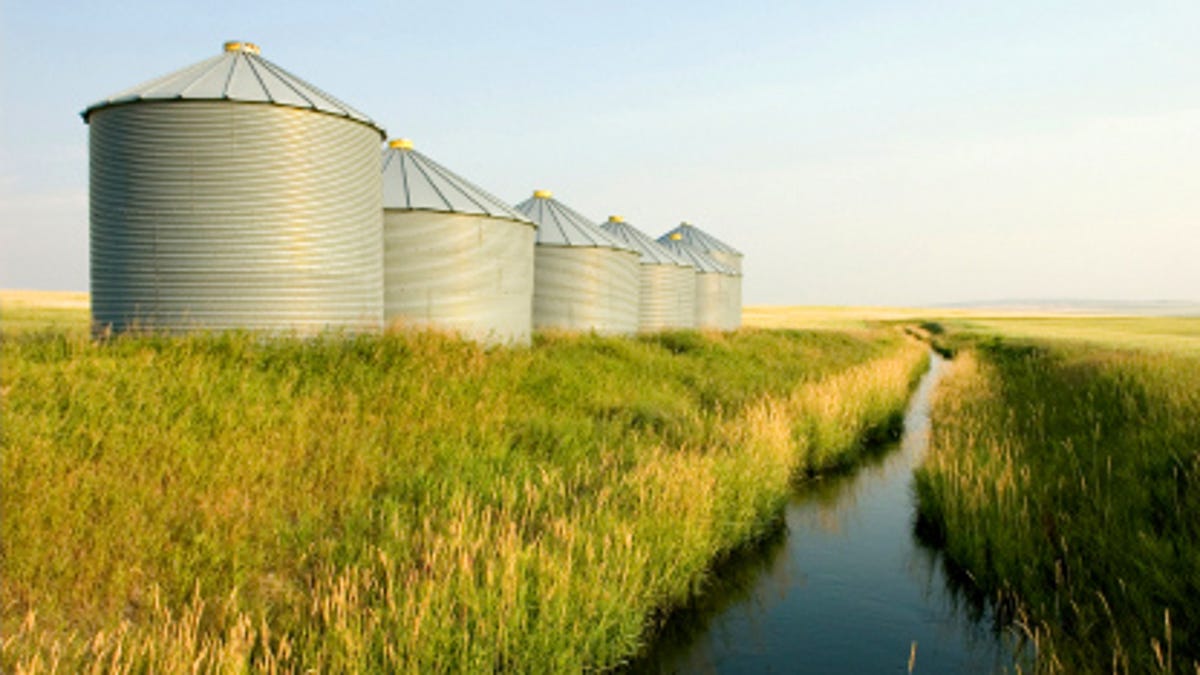Ethanol alternative gains ground with new plant
Cobalt Biofuels opens plant in California to produce biobutanol from wood waste as other big names also invest in the non-food based biofuel.

Fuel tech start-up Cobalt Biofuels launched a California plant on Tuesday that will produce biobutanol from forestry byproducts.
Biobutanol, butanol made from biomass as opposed to fossil fuels, already has approval for use in fuel blends for vehicles under U.S. Environmental Protection Agency guidelines.
Cobalt and others have claimed that biobutanol has an advantage over ethanol, which has been known to have corrosion issues in some older fuel systems and pipelines and is conventionally used in fuel blends and in newer cars with ethanol-ready engines. Biobutanol can be used as a standalone fuel even in conventional gasoline car engines, in addition to being used in gasoline and diesel fuel blends.
Cobalt's current biobutanol/gasoline blend, which mixes 12 percent biobutanol with conventional gasoline, reduces greenhouse gas emissions by as much as 85 percent compared to conventional gasoline, according to Cobalt company statistics.
Biobutanol may have another advantage over ethanol. It can be made from inedible wood and plant waste.
While the production of cellulosic ethanol--ethanol produced from forestry or agricultural waste--is predicted to increase, much of the world's ethanol is still produced from corn and grain. Many remain concerned that ethanol has caused soaring food prices and shortages, since food producers are forced to compete against energy companies for grain supplies.
Biobutanol can also be converted into jet fuel or used in plastics and paint products.
"We are on track to build a commercial facility within two years, and we are currently building a network of strategic partners in the fuels, chemicals, forest products, and construction industry to deploy our technology at the next scale," Cobalt Biofuels CEO Rick Wilson said in a statement.
California Governor Arnold Schwarzenegger, who clearly sees Cobalt as a poster child for clean-tech investment in his state, attended the press conference in part to push his initiative to pass legislation exempting sales tax on green manufacturing equipment.
In addition to making biofuel for cars that meets California's low carbon fuel standards, the company will provide the state with some much-needed jobs.
"Cobalt shows us that what is good for the environment can also be good for the economy. In fact, within the next few years, Cobalt has plans to build an even larger plant that will create 1,300 permanent jobs," said Schwarzenegger.
Schwarzenegger is not the only one singing Cobalt's praises.
The Mountain View, Calif.-based company was one of 34 companies picked by the U.S. Department of Energy's National Renewable Energy Laboratory forum in 2008 as an example of a viable renewable energy company. Cobalt also received $25 million in Series C funding in October 2008 from a group of investors that included Pinnacle Ventures.
And Cobalt is not the only company looking to produce a low-carbon butanol from non-feedstock biomass.
In August 2009, oil giant Total announced it was investing in Gevo, a Colorado-based company developing biobutanol made from sugarcane or agricultural byproducts. Though it's more of a research and development facility than an actual plant, materials science giant Dupont has partnered with BP on a biobutanol plant in the U.K. And earlier this month, Canadian start-up Syntec Biofuel announced plans to develop a biobutanol made from wood and agricultural waste in partnership with the Energy & Environmental Research Center at the University of North Dakota (UND).

